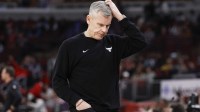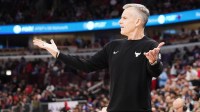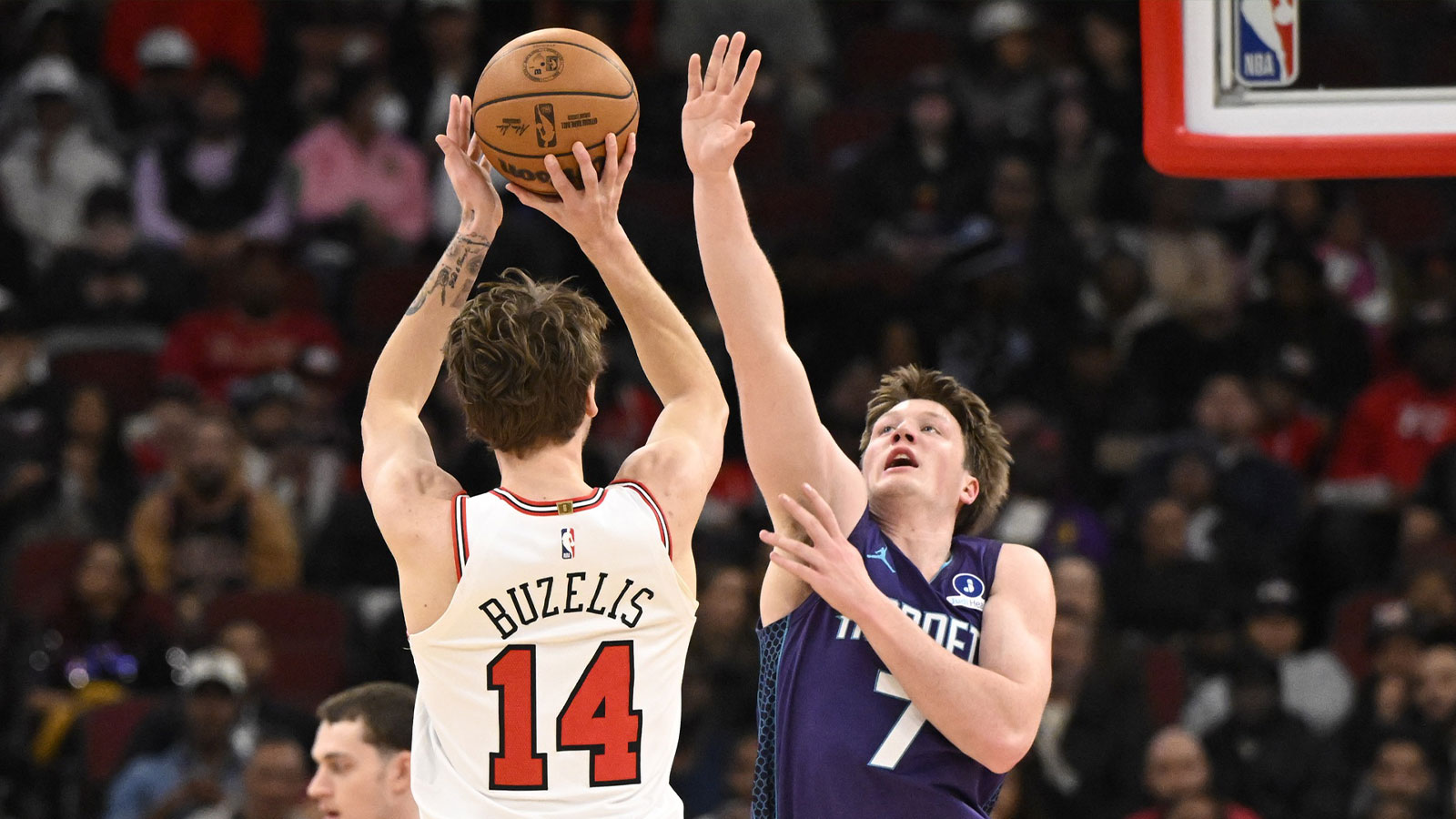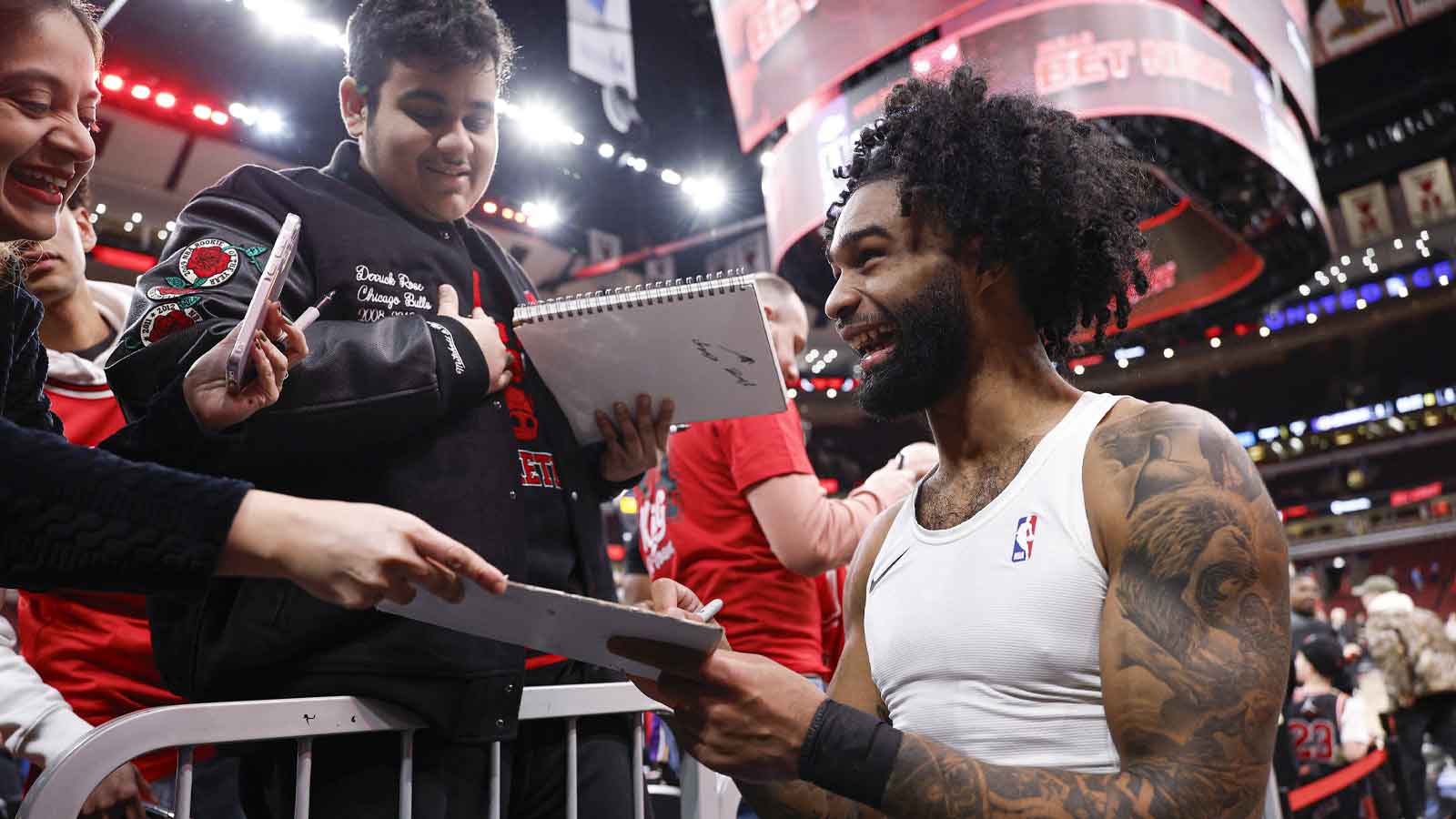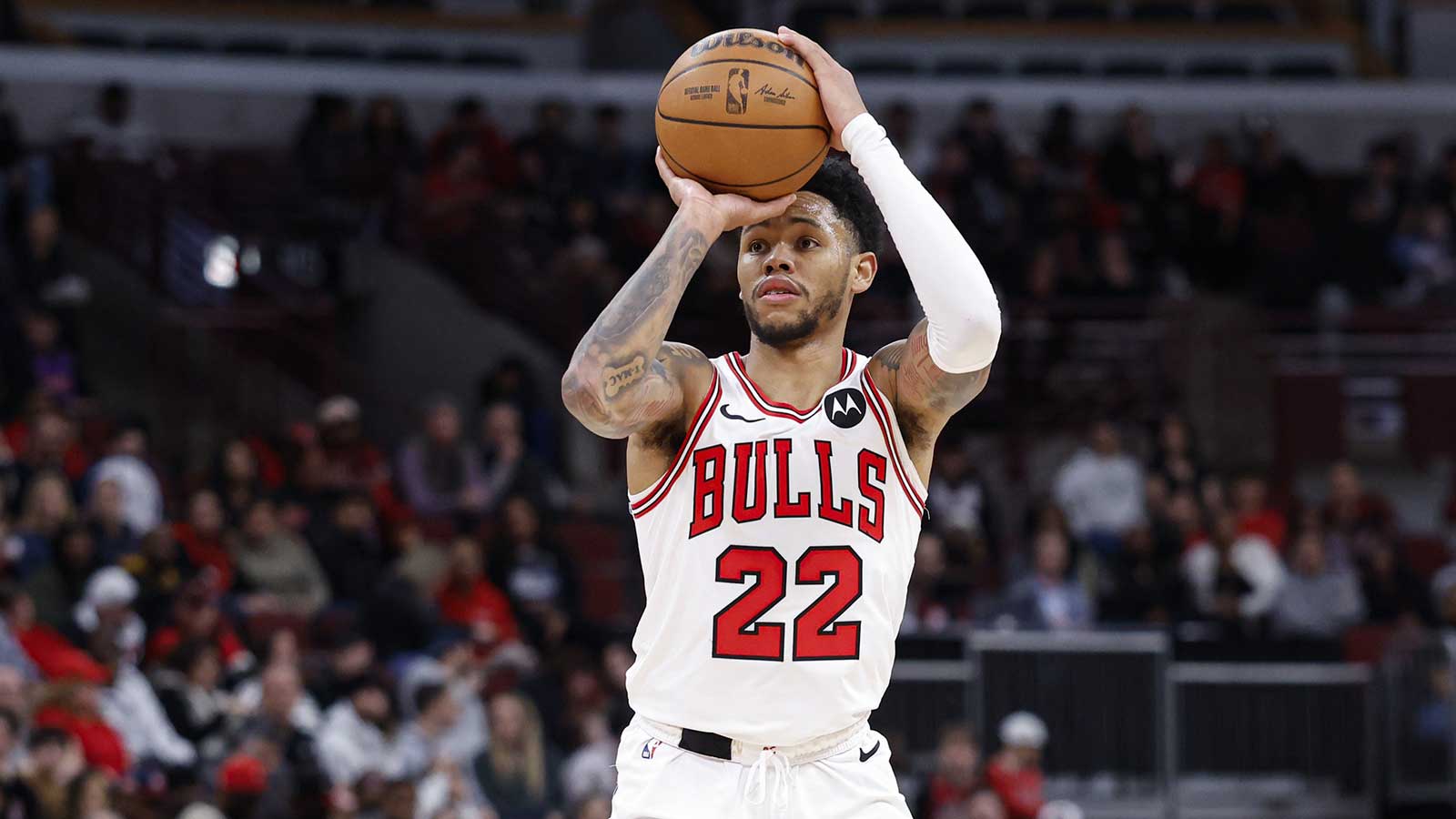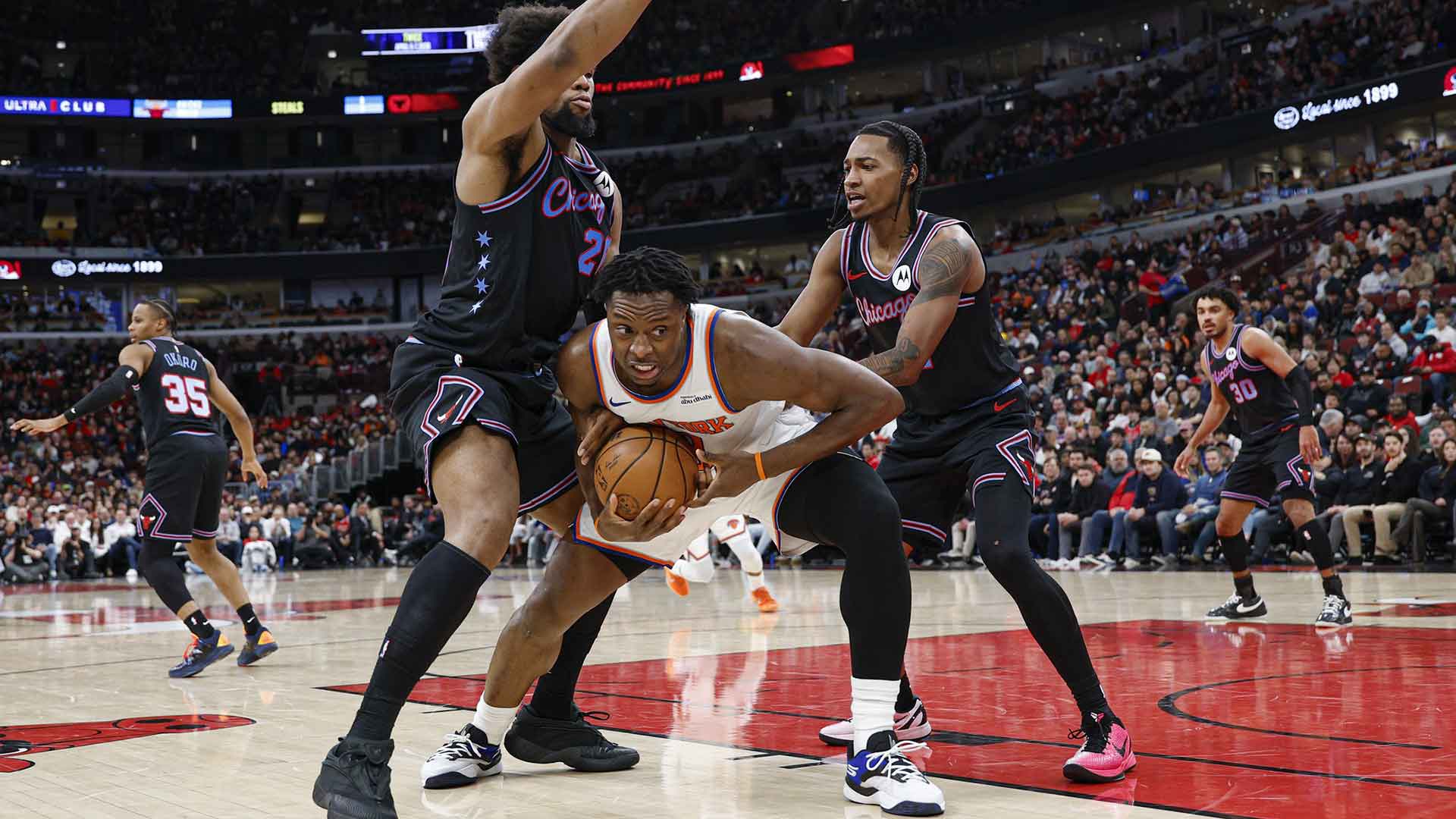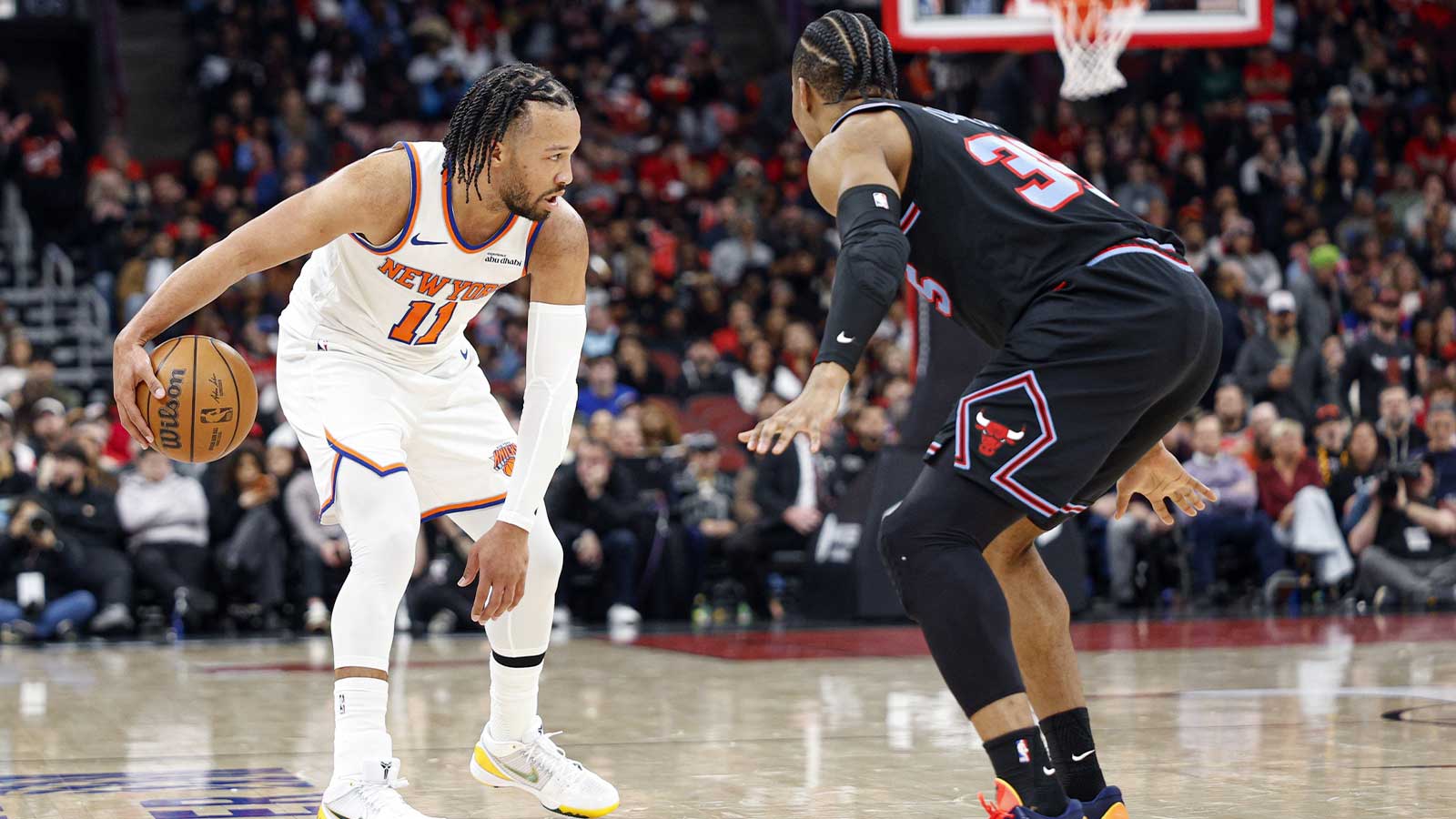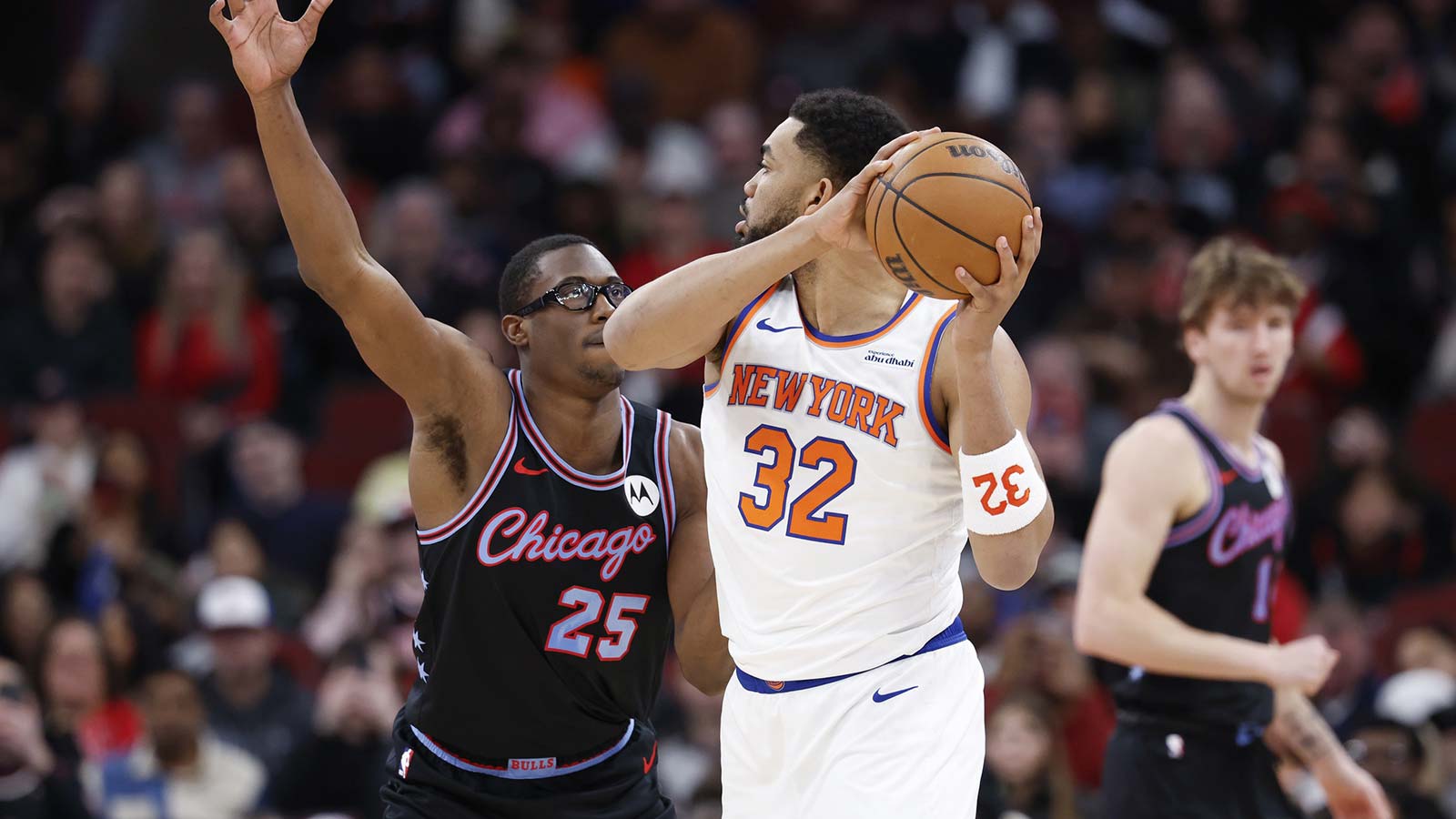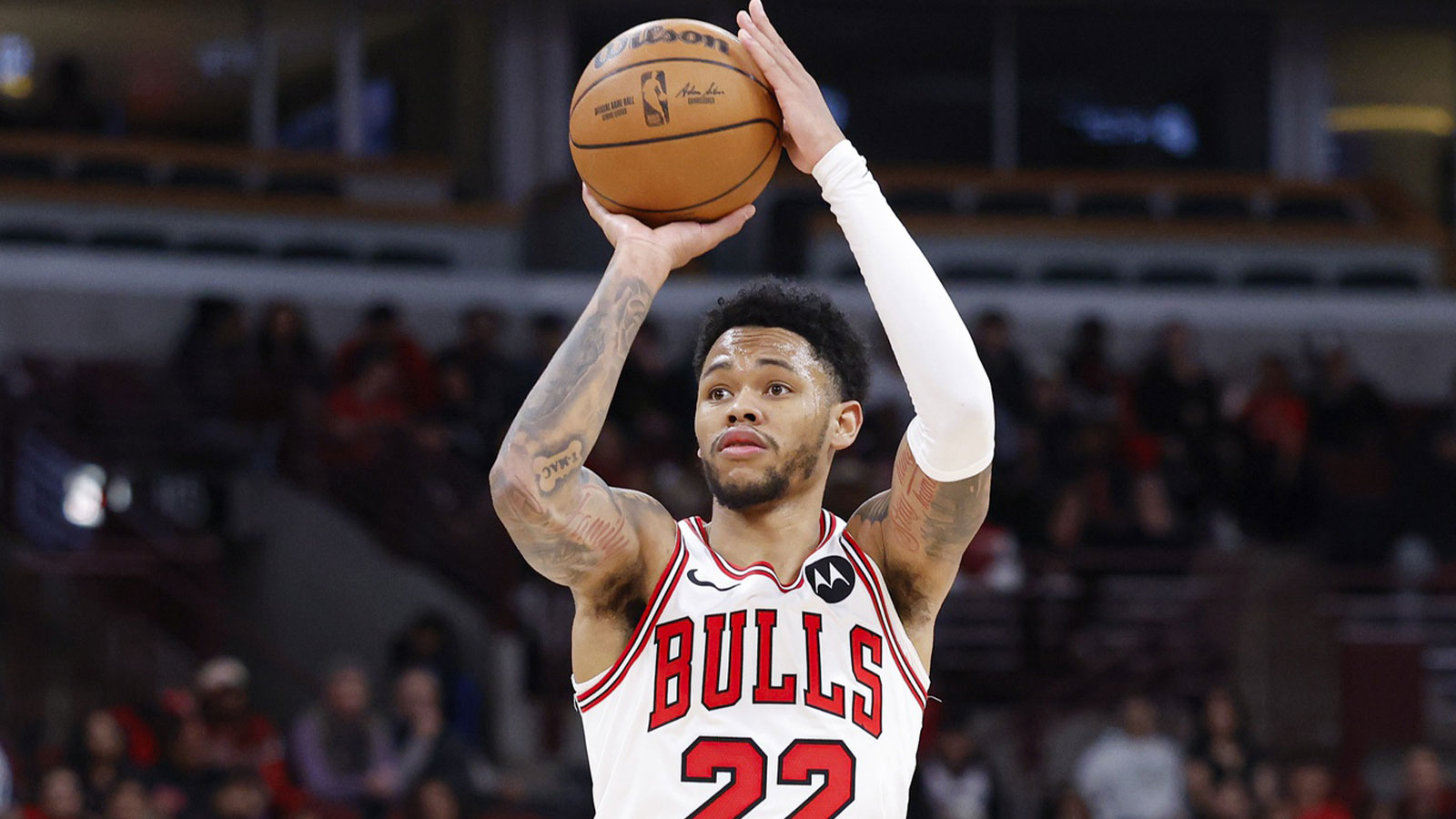After a glorious three-peat with the Chicago Bulls, Michael Jordan decided to call it a career in the summer of 1993 after the murder of his father. There is still no denying that Jordan's announcement to retire from the game — at the peak of his career — shocked the entire basketball world and beyond.
Shortly after turning his back on the NBA, Jordan once again made headlines when he announced that he intended to have a go at a career in professional baseball. Some folks have the opinion that this was not the best decision the Hall of Famer ever made in his career. For some, Jordan and the Bulls could have gone on to win a few more titles — maybe even eight straight — if only he stayed in basketball. After all, he wasted his year in a failed attempt to be a baseball pro, right?
The answer to that question is yes and no. Yes, because his baseball career never really took off. However, a deeper look at what he did during his single season in the sport will reveal that he actually did a bit better than people seem to think.
In February 1994, Michael Jordan signed a contract with the Chicago White Sox, who were owned by Bulls team owner Jerry Reinsdorf (they still are to this day). After struggling in spring training, Jordan was assigned to the team's Double-A minor league affiliate, the Birmingham Barons, and this was where he ended up spending the rest of the season.
Jordan actually started his baseball career in a memorable manner. Chris Landers of MLB.com provides the details of how the greatest basketball player on the planet wowed the baseball world in what some might say was an epic start to his career with the Barons:
Yet the White Sox still gave him an aggressive assignment to start the year: the Double-A Birmingham Barons, putting Jordan shoulder-to-shoulder with some of the best prospects in the game (like, for example, Darren Oliver, the first pitcher MJ ever faced in an official game). To everyone's surprise, though, he started the season strong, reeling off a 13-game hitting streak that brought his average all the way to .327 by late April.
Unfortunately, things went downhill from there. Despite his unparalleled popularity — he drew crowds in the thousands — Jordan's season took a turn for the worse. Opposing pitchers began throwing more breaking balls instead of fastballs, leading to a lot of strikeouts.
While Jordan actually ended the season on a stellar note (12 hits in his last 40 at-bats), he amassed a stat line that was absolutely nothing like his basketball averages. In 127 games played, he ended up with a .202 batting average, .289 on-base percentage, and a .266 slugging percentage. He finished with just three total homers throughout the year, 21 extra-base hits, and a miserable .556 on-base plus slugging. By looking at the numbers alone, it would be easy to conclude that this was an absolute waste of time for MJ.
Then again, a lot of things need to be considered here. For starters, Jordan had to live up to some extremely high and ultimately unachievable standards. Such was the price he had to pay for being the most popular athlete in the world at that time, and for his part, Jordan certainly paid the price.
More importantly, though, it is worth noting that people more privy to Michael Jordan's short-lived baseball stint have gone on the record to say how much potential they saw in Jordan:
“Michael would go after it five times a day,” former Barons batting coach Mike Barnett told Steve Wulf of ESPN. “In the cage before breakfast. Regular batting practice. Soft toss. Game BP. Then, after the game, he was back in the cage. His hands were blistered and bleeding, his intensity was off the charts. Don't look at his batting average. Look at his 51 RBIs — he was never overwhelmed by the moment. He could fly — look at the 30 stolen bases. He hadn't played since high school, and he was holding his own in Double-A, which is filled with prospects. By August, those routine fly balls in BP were starting to go out. I'm not sure I've ever seen something as beautiful on a baseball field as the time Michael Jordan hit the ball into the gap and raced around to third for a triple. Two more seasons, he would've been a legitimate extra outfielder for the White Sox, maybe even a starter.”
Even World Series-winning manager Terry Francona, who coached the Barons that season, had great things to say about Michael Jordan's baseball career:
“He had it all,” Francona said. “Ability, aptitude, work ethic. He was always so respectful of what we were doing and considerate of his teammates.
“I do think with another 1,000 at-bats, he would've made it. But there's something else that people miss about that season. Baseball wasn't the only thing he picked up. I truly believe that he rediscovered himself, his joy for competition. We made him want to play basketball again.
“And he made me a better manager.”
That's some high praise coming from one of the best managers in MLB today.
On top of this, Jordan showed promise playing in the Arizona Fall League after the minor league season, hitting .252 over 123 at-bats. The competition wasn't exactly light in the AFL, so this was a pretty impressive showing.
Ultimately, Jordan's baseball career was not a failure. He merely did not have enough time to master his craft, with the 1994 MLB strike playing a role in his departure from baseball. At the end of the day, as Francona explained above, Jordan's baseball stint helped him rediscover his love for basketball. This led to a triumphant return to the NBA in 1995, and it likely helped him win that second three-peat.



